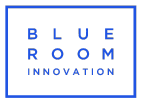
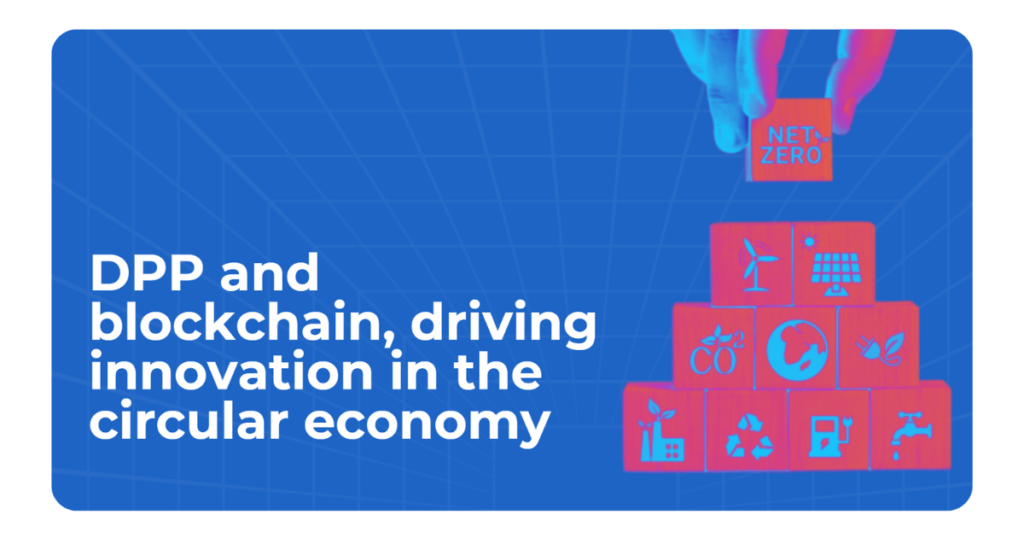
Digital Product Passport and Blockchain: Ensuring Traceability and Authenticity
Digital Product Passport and Blockchain: Ensuring Traceability and Authenticity
In a world where sustainability and transparency are increasingly essential, the Digital Product Passport (DPP) it is presented as a revolutionary tool that promises to transform the way we interact with products. Thus, this system offers complete traceability from origin to final disposal, providing consumers and businesses with accurate and verifiable information about every phase of a product's lifecycle.
In this way, the combination of the DPP and blockchain not only provides a reliable method for tracking the sustainability of a product, but also encourages a circular economy by facilitating the reuse and recycling of materials. Thanks to blockchain in particular, recorded information is immutable and transparent, allowing for more efficient resource management and ensuring that products are recyclable or reusable at the end of their useful life. Therefore, this technology also supports the transition toward more responsible business practices, reducing waste and maximizing supply chain efficiency.
Furthermore, the implementation of these technologies will be key to achieving the ambitious objectives of the European Green Deal, particularly the goal of reduce CO2 emissions by 55% by 2030. With which, the DPP, by providing clear and accessible data on the environmental impact of products, will make it easier for companies and consumers to adopt more sustainable practices aligned with regulatory requirements.
Finally, this article explores how the Digital Product Passport and blockchain traceability combine to promote a more transparent, responsible and sustainable future, contributing to the achievement of global environmental goals.
What is the Digital Product Passport (DPP)?
What is the Digital Product Passport (DPP)?
The Digital Product Passport (DPP) It is an innovative tool designed to provide a complete and detailed view of a product's lifecycle. In other words, it's a unique digital file associated with each item on the market, storing key information from its creation to its final disposal. The DPP thus provides access to precise data on the product's origin, materials used, production processes, lifetime use, and how it can be recycled or reused at the end of its lifecycle.
In principle, the fundamental idea behind the DPP is improve traceability and transparency in supply chains, allowing both consumers and businesses to access clear product information. Consumers can therefore know exactly where a product comes from, what materials it's made of, what impact it has on the environment, and how it can be disposed of responsibly. This empowers consumers to make more informed and responsible purchasing decisions.
Furthermore, the DPP facilitates access to complete and up-to-date data throughout the product lifecycle, allowing users to track every step of the process, from raw material extraction to manufacturing, distribution, use, and finally, recycling or final disposal. For example, if a consumer wants to know whether a product is recyclable or how it should be disposed of properly, they can consult the information contained in its DPP. This is possible thanks to the integration of advanced technologies such as blockchain, which provides a secure and transparent platform for storing and verifying this data.
Likewise, with the Digital Product Passport, companies also benefit by being able to better manage their supply chains, ensuring that all components of their products meet sustainability, quality, and environmental regulations. Additionally, it facilitates compliance with international regulations, such as the European Green Deal, by ensuring that products are manufactured, distributed and recycled in a responsible and sustainable manner.
The DPP not only improves transparency and sustainability, but also plays a pivotal role in the transition to a circular economy, by allowing a efficient management of resources and waste reduction throughout the entire lifespan of the product. With all this, the Digital Product Passport is positioned as an essential tool for sustainability and social responsibility in the fields of production and consumption.

Blockchain: La clave de la trazabilidad de productos
Blockchain is a technology that enables information to be stored in a decentralized and secure manner, using a network of interconnected computers to validate and record transactions transparently and permanently. In simple terms, it's a system that creates a digital record of data that cannot be altered, since each block of information is sequentially linked to the previous one, forming a chain. In this way, any attempt to modify the information in a previously recorded block would be detectable, which guarantees the integrity of the data.
This feature makes blockchain particularly effective for product traceability. Thanks to its immutable nature, It allows you to follow the complete journey of a product, from its origin to its final disposal.. For example, in the supply chain, every time a product passes through an important stage, such as manufacturing or distribution, information about the process is recorded on the blockchain. Thus, each transaction becomes a secure and accessible record, providing complete traceability that cannot be altered.
Why is it recommended to use blockchain? The main reason is that it offers a reliable and verifiable solution to ensure that product data is authentic and transparent. In today's market, where consumers are increasingly interested in knowing the origin and impact of the products they purchase, blockchain allows them to offer the information they need in a clear and verifiable manner. This is especially important for avoid the greenwashing, a practice in which companies make false claims about the sustainability of their products without clear evidence. By using blockchain, brands can irrefutably demonstrate that their products meet ethical and sustainability standards, reducing the risk of being accused of misleading consumers.
DPP and Blockchain: A Powerful Combination for Sustainability
DPP and Blockchain: A Powerful Combination for Sustainability
The Digital Product Passport (DPP) and blockchain form a powerful combination that not only guarantees product traceability but also comprehensively promotes sustainability. By integrating blockchain into the DPP, companies and consumers are allowed to access complete and reliable information about the life cycle of products, from its origin to its final disposal, improving the efficiency of resources and reducing the environmental impact.
First of all, sustainability is favored by blockchain's ability to store immutable information about each stage of the production process. Thanks to the transparency offered by blockchain technology, companies can demonstrate that their products are manufactured under sustainable practices, using responsible materials and reducing their carbon footprint. For example, consumers can verify if a product has been produced using renewable energy or if fair trade practices have been followed, which strengthens the commitment to sustainability.
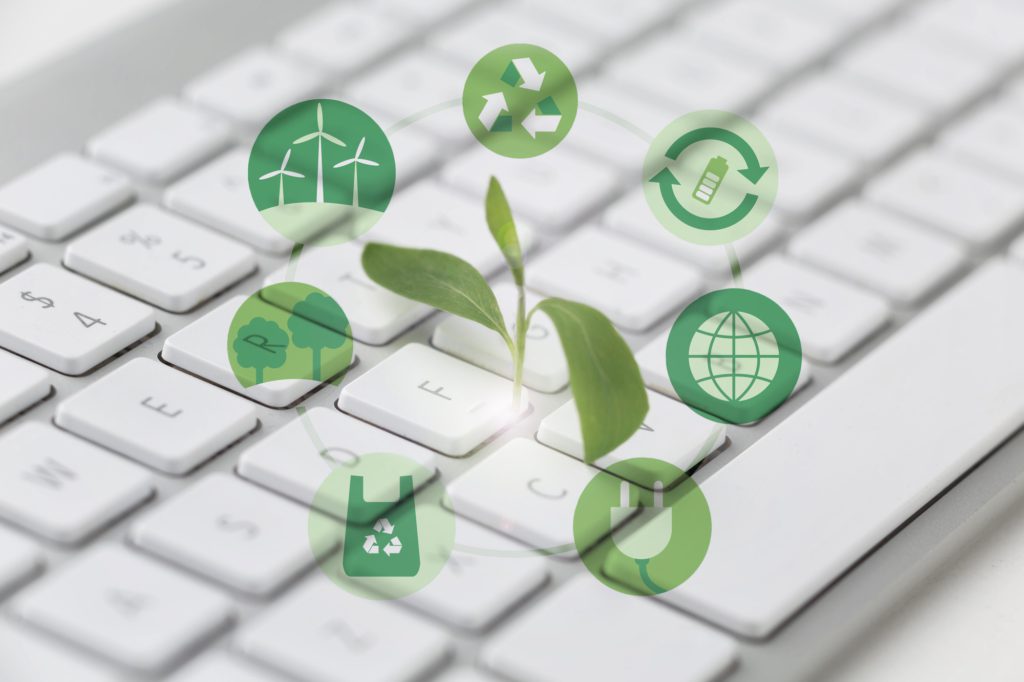
In this way, the Blockchain Product Digital Passport not only improves the traceability of products, but also promotes the circular economy. With the information stored in blockchain, the reuse and recycling of products at the end of their useful life is facilitated, since it is possible to consult how to dismantle a product correctly or which materials are recyclable. This promotes the responsible management of resources and reduces the amount of waste generated, supporting the transition towards a model
In addition, the concept of green blockchain ideally complements the vision of the Digital Product Passport. Green blockchain refers to the use of blockchain technology to measure, verify and mitigate the environmental impact of products throughout their life cycle. Thanks to its characteristics of immutability and transparency, blockchain makes it possible to reliably record data related to the consumption of resources, the CO2 emissions generated and the material recycling processes, without the possibility of alteration. In this way, it is ensured that the claims about sustainability are authentic and verifiable, significantly reducing the risk of greenwashing and providing consumers with an accurate tool to evaluate the real environmental impact of the products they purchase.
How to integrate a Digital Product Passport with Blockchain?
How to integrate a Digital Product Passport with Blockchain?
Definition of product information
The first step in the implementation of a blockchain-based DPP is to define what data will be stored in the digital product passport. This can include information about the origin of the materials, the manufacturing processes, the carbon footprint, the social impact, the recycling options and the useful life of the product. Additionally, it is important to establish the rules and requirements to ensure that the information is consistent, accurate and complies with international sustainability and traceability regulations.
Selection of the blockchain platform
Once the necessary data have been identified, the next step is to select the most suitable blockchain platform to store the DPP information. Public or private blockchain can be chosen depending on the access and privacy needs of the supply chain.
Integration with the supply chain
The DPP must be integrated along the entire supply chain. This means that each actor in the process (manufacturers, material suppliers, transporters, retailers, etc.) must register and update information about the product on the blockchain platform. Each transaction or change in the state of the product must be documented transparently, creating an immutable record that can be consulted by all participants in the chain, including consumers.
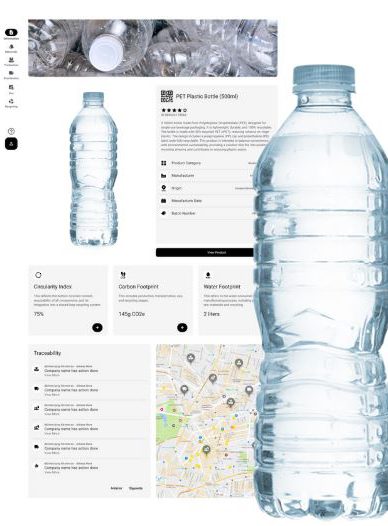
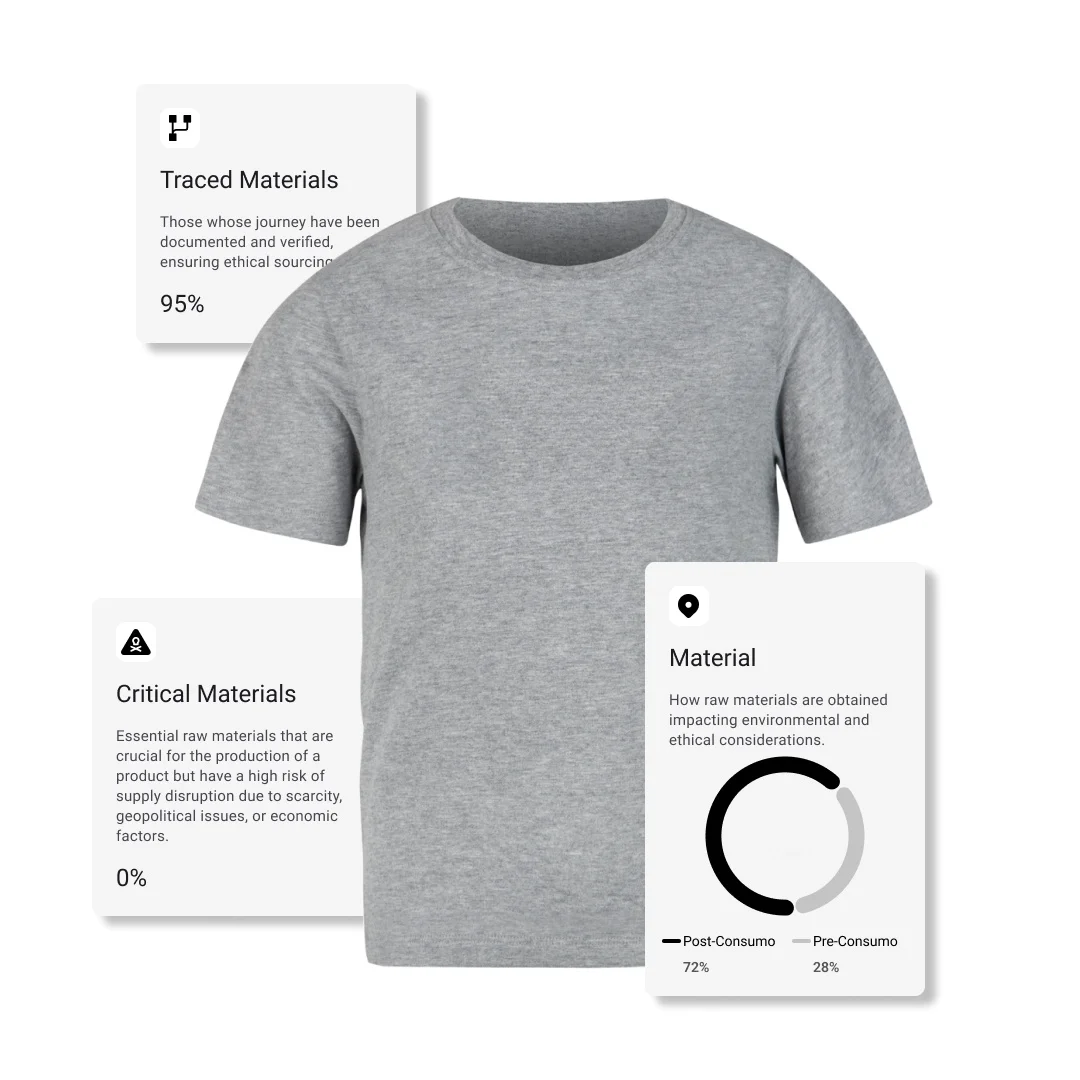
Implementation of standards and interoperability regulations:
For DPPs to be effective globally, they must comply with international standards that facilitate interoperability with other platforms. The use of standards such as the DID system and Verifiable Credentials (VC) ensures that DPP data is accepted across different systems.
Use of advanced technology such as IoT and sensors:
IoT and sensors enable real-time data updates. In the case of perishable goods, for example, sensors can monitor temperature during transport and update the DPP on the blockchain, ensuring traceability.
Ensure data privacy and security:
The use of zero-knowledge proofs (ZKPs) protects data privacy, ensuring that sensitive information is verified without compromising security and maintaining transparency.
User education and adoption:
It's crucial for consumers and businesses to understand how to use the DPP. Education and the use of QR smart tags will facilitate access to product information and widespread adoption.

Challenges and future of the Digital Product Passport with Blockchain
Challenges and future of the Digital Product Passport with Blockchain
The implementation of blockchain in the Digital Product Passport (DPP) offers numerous benefits, but also presents several challenges that must be overcome to ensure its widespread adoption and long-term effectiveness. These challenges primarily relate to scalability, interoperability, data privacy, and adoption across diverse sectors.
Scalability
One of the main challenges of implementing blockchain in product traceability is scalability. Public blockchain networks, such as Ethereum, often face performance issues when handling large transaction volumes, which is essential in global supply chains. However, solutions such as private blockchains and second-layer protocols are being developed, which allow for handling a higher number of transactions per second without compromising security or decentralization. Furthermore, the use of hybrid blockchains (a combination of public and private blockchains) can improve efficiency without losing data integrity.
Interoperability
Another major challenge is interoperability between different platforms and systems used by various parties in the supply chain. Currently, many companies operate on separate blockchain networks and lack an easy way to share data between them. However, initiatives such as the Blockchain Interoperability Framework seek to create global standards to allow different blockchain systems to work together. This would facilitate the integration of data from various actors in the supply chain, ensuring that all participants have access to the same reliable and verifiable information.
Data privacy and security
Handling sensitive data and protecting privacy is another major concern, especially when it comes to personal or business information. While blockchain is known for its security, some blockchain solutions still struggle to ensure data privacy, as transactions are visible to all participants. To address this challenge, technologies such as zero-knowledge proofs (ZKPs) and the use of private blockchains offer solutions for verifying data validity without exposing sensitive information, maintaining a balance between transparency and privacy.
Adoption by companies and regulations
Implementing a blockchain-based DPP requires companies to adopt new ways of managing their supply chains and sharing information with their suppliers and partners. This shift can be complex, especially for small and medium-sized businesses that lack the resources to adopt advanced technologies. Fortunately, growing pressure to comply with sustainability regulations, such as the European Green Deal, is driving the adoption of these technologies. Regulatory incentives, such as tax breaks for companies that implement sustainable practices, could accelerate the transition.

The Digital Product Passport (DPP) is an essential tool for ensure the traceability and sustainability of products. Through this system, both companies and consumers can access detailed information about a product's life cycle, including its origin, materials used, carbon footprint, and recycling options. This enables more informed and responsible decisions.
Blockchain traceability plays a crucial role in this process. Blockchain ensures that data is accurate, secure, and immutable. Thanks to its decentralized nature, products can be tracked from manufacturing to final disposal. This ensures transparency and authenticity, and allows verification of companies' sustainability claims, combating the greenwashing.
In summary, blockchain traceability within the DPP transforms the way we manage sustainability, enabling a more ethical, transparent and responsible, and promoting a more efficient circular economy.
At Blue Room Innovation, we understand the importance of the sustainability, the transparency and traceability in the supply chain. Therefore, we offer innovative solutions based on the Digital Product Passport (DPP) and blockchain technology to help companies manage their processes more efficiently and comply with global environmental regulations. Our team of experts is prepared to integrate these systems into your company, guaranteeing complete traceability of your products and ensuring that your brand is perceived as transparent, ethical, and committed to sustainability.
If you want to take the next step toward a more circular and responsible economy, Blue Room Innovation is your ideal partner for implementing blockchain DPP in your business. Contact us to learn how we can help you transform your supply chain and improve the sustainability of your products.
Products
Digital Product Passport
Descentralized platforms
Descentralized Identity
Verificable Credentials
About us
Team
Methodology
Our Mission
Connect
Cristòfol Grober 4, local 35
17001 - Girona
info@blueroominnovation.com
Follow us
Copyright © 2024 Blue Room Innovation Privacy Policy - Legal Warning - Cookies Policy